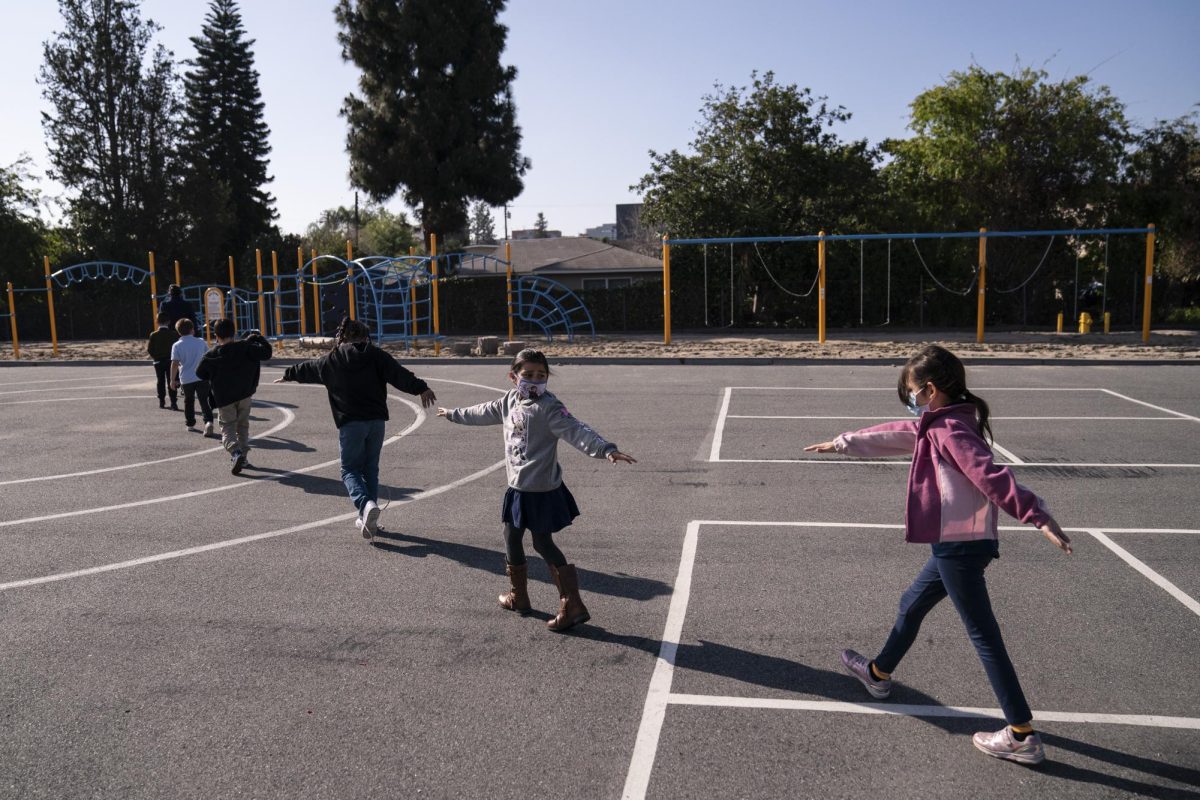We’re told it from the time that we’re two: “treat others the way you want to be treated.”
From singing songs about saying please and thank you to parents teaching you how to share, from the time you were a little kid society was teaching you that what mattered was being nice.
But, as you got older and the crayon-colored artworks and paper ring decorations began to disappear from the halls, only to be replaced by profanities and crowds of your angry, tired peers, it was clear that the priorities had changed.
Life wasn’t about taking turns on the playground anymore.
We were too old for those things now, or so we thought, and the golden rule was flushed from our minds as more complex things, like the rumors about that one kid in your grade, were swept to the forefront.
It’s not our fault that our perspective of the world changed as we got older. We became a lot more aware of what was wrong with it, which would be disheartening to anyone.
Part of growing up is realizing that reality will disappoint you. Life isn’t fair and fate is cruel. That’s what the middle school experience is for.
But what isn’t supposed to be part of growing up is spending two years in your house detached from your peers and close friends, only able to stage socializing over text and social media.
For most generations, coming of age means hardening to harshness of reality, but also recognizing the importance of the people and the connections that get you through. Our generation didn’t quite get that.
When you strip away the body language, the tone of voice, the warmth and gentleness that can only be conveyed in person, from almost every interaction a generation has for two years, we start to lose empathy for other people.
It’s harder to see the impact your words have on other people when you can’t see the pain in their eyes or hear the quiver in their voice.
And the damage isn’t small. We’ve been back now for two full years, but cases of bullying at the high school are up significantly. Issues of racial insensitivity and discrimination are also more prevalent now than they were before.
It’s easy to see that people have forgotten to treat others the way they want to be treated. But it’s not just others that we’re being unkind to, we’re also being unkind to ourselves.
Record high cases of anxiety and depression, this generation is by far the most critical of themselves, as well as their peers.
We’ve come a long way since the days of glue sticks and AR Reading, but we can’t forget that kindness was what allowed us to grow and get here to begin with.


